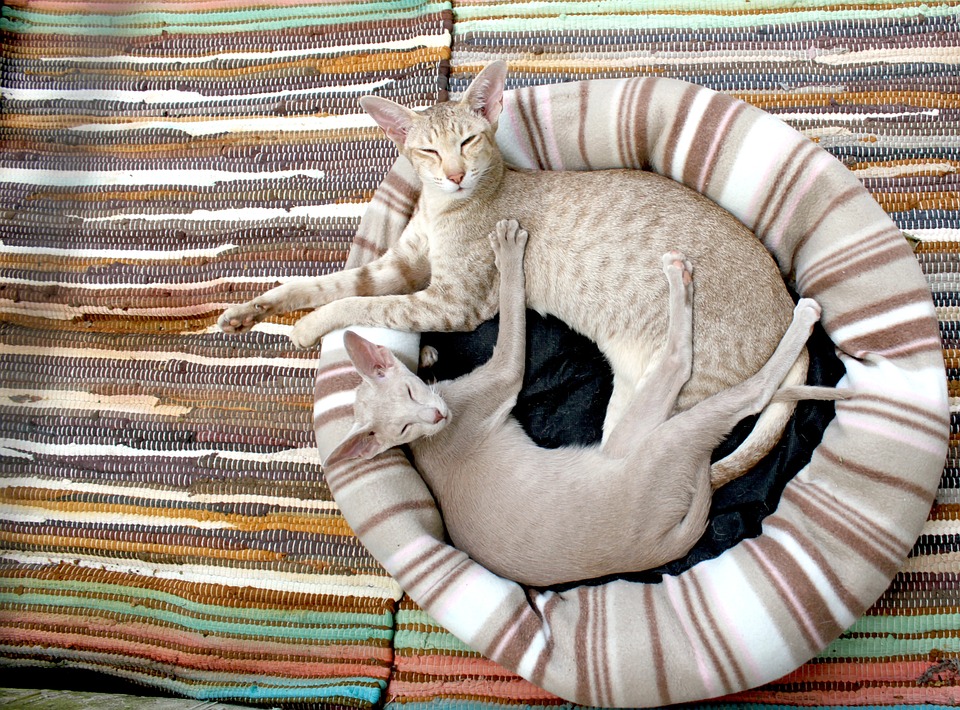Cats are known for their curious and observant nature, often spending hours gazing out of windows. While this behavior can be entertaining for both cats and their owners, it can sometimes come with excessive vocalization. Understanding why cats vocalize during window watching and finding effective coping strategies can help create a harmonious living environment for everyone involved.
1. **Territorial Communication:** Cats are highly territorial animals, and window watching allows them to monitor their surroundings and mark their territory. Vocalization is one way for cats to communicate their presence to other animals or cats that may be passing by.
2. **Frustration or Excitement:** As natural predators, cats may become frustrated or excited when they see potential prey outside the window. Vocalization can be their way of expressing their anticipation or desire to chase after birds, squirrels, or other wildlife.
3. **Attention-Seeking Behavior:** Cats are masters at getting our attention. When window watching, they may vocalize to engage their owners or other household members, seeking interaction or entertainment.
4. **Environmental Stressors:** Cats are sensitive animals, and various environmental stressors, such as loud noises, unfamiliar animals, or changes in their routine, can trigger vocalization during window watching.
**Coping Strategies for Window Watching Vocalization**
1. **Provide Entertainment and Distraction:** Enrich your cat’s environment by placing interactive toys, scratching posts, or puzzle feeders near windows. This can redirect their attention from vocalizing to engaging with these stimulating activities.
2. **Create a Quiet and Calming Environment:** Address any potential stressors in your cat’s surroundings, such as loud noises or unfamiliar animals. Use thick curtains or blinds to reduce visual stimuli that might trigger excessive vocalization.
3. **Increase Play and Exercise:** Engage your cat in interactive play sessions to provide physical and mental stimulation. This can help alleviate any pent-up energy or frustration that may contribute to vocalization during window watching.
4. **Positive Reinforcement:** Reward your cat with treats or praise when they remain calm and quiet during window watching. This positive reinforcement can help reinforce desirable behavior and discourage excessive vocalization.
**FAQs: Frequently Asked Questions**
**Q1: Is excessive vocalization during window watching a sign of distress or anxiety in cats?**
A1: Excessive vocalization during window watching can be a sign of stress, frustration, or excitement. However, it is essential to assess your cat’s overall behavior and look for other signs of distress or anxiety to determine if further intervention is necessary.
**Q2: What if my cat continues to vocalize despite trying various coping strategies?**
A2: If your cat’s vocalization persists despite implementing coping strategies, it may be beneficial to consult with a veterinarian or a professional animal behaviorist. They can provide further guidance and help identify any underlying issues contributing to the behavior.
**Q3: Should I discourage my cat from window watching altogether?**
A3: Window watching can be a source of mental stimulation and entertainment for cats. Instead of discouraging the behavior completely, focus on modifying and redirecting the associated vocalization through the coping strategies mentioned earlier.
Understanding the reasons behind your cat’s vocalization during window watching is the first step toward finding effective coping strategies. By providing mental and physical stimulation, creating a calming environment, and using positive reinforcement, you can help your cat enjoy their window watching time without excessive vocalization. Remember, patience and consistency are key when modifying any behavior, and seeking professional advice is always a viable option if needed.








